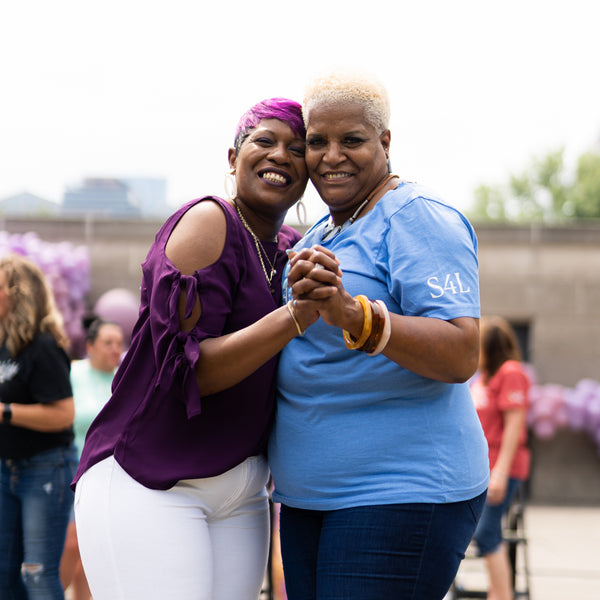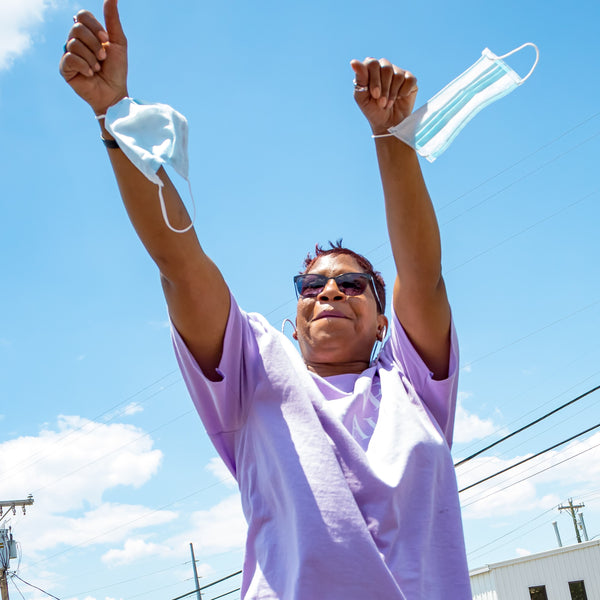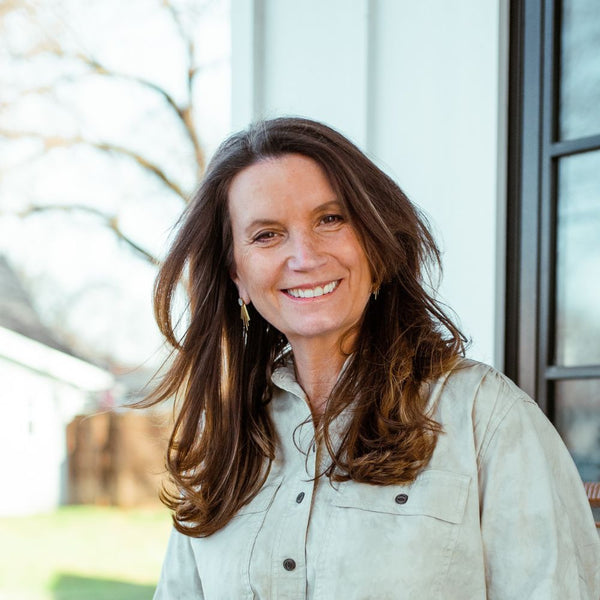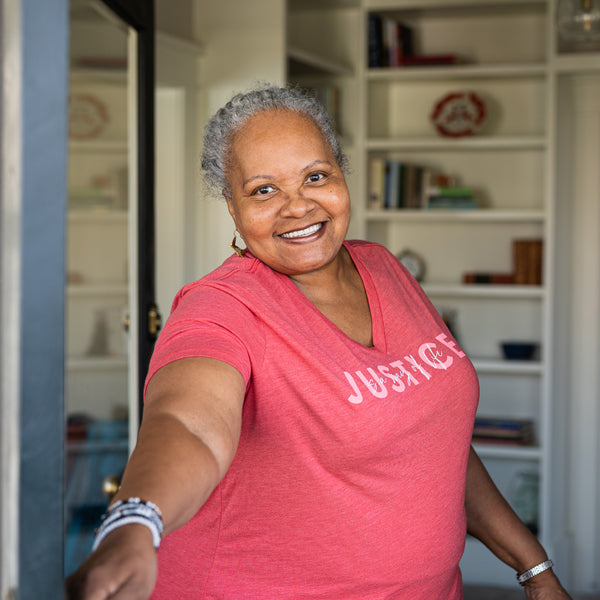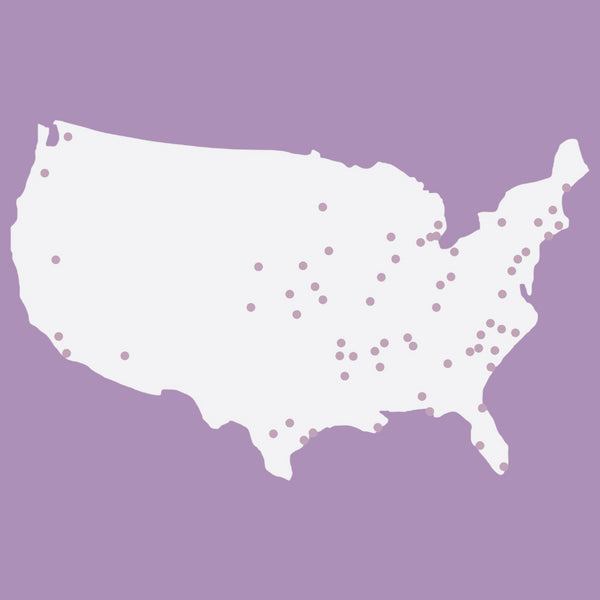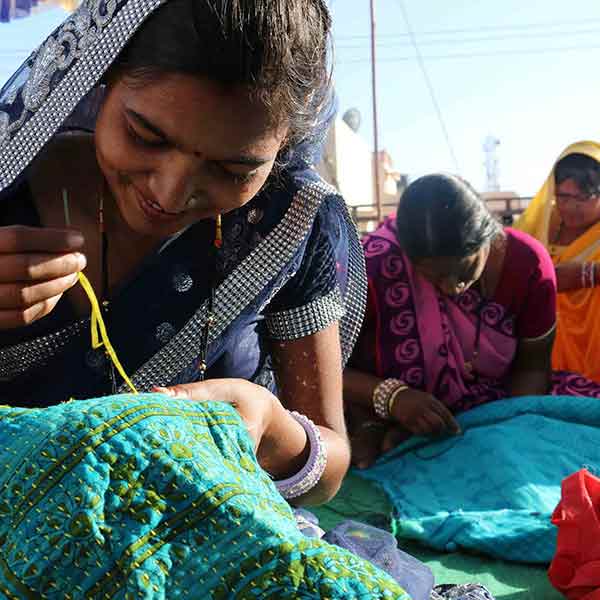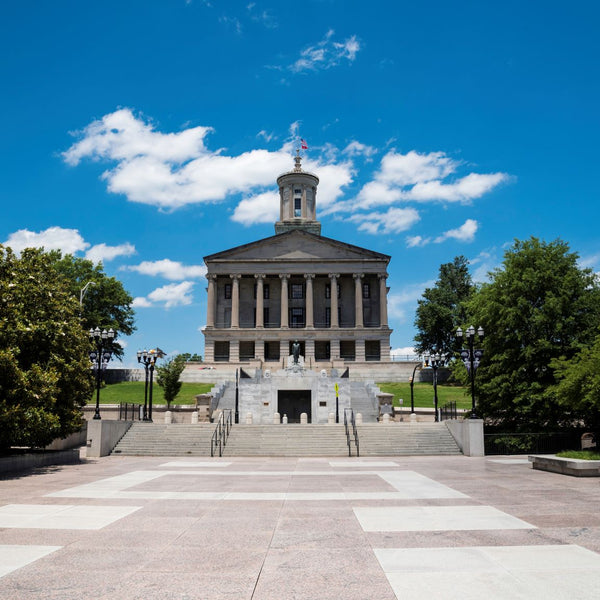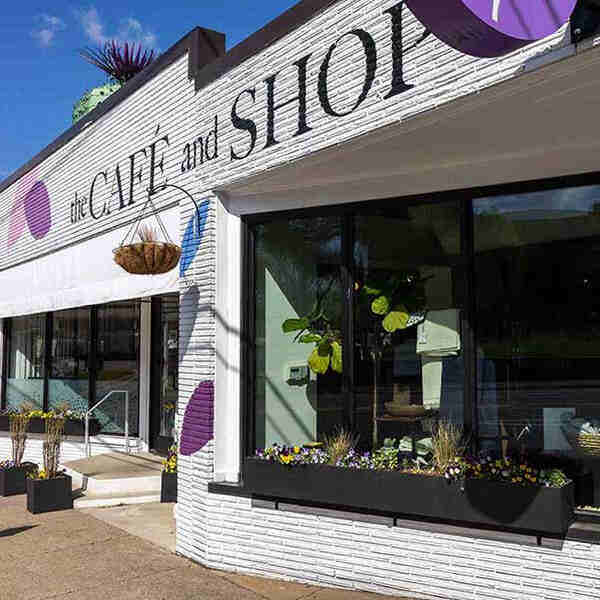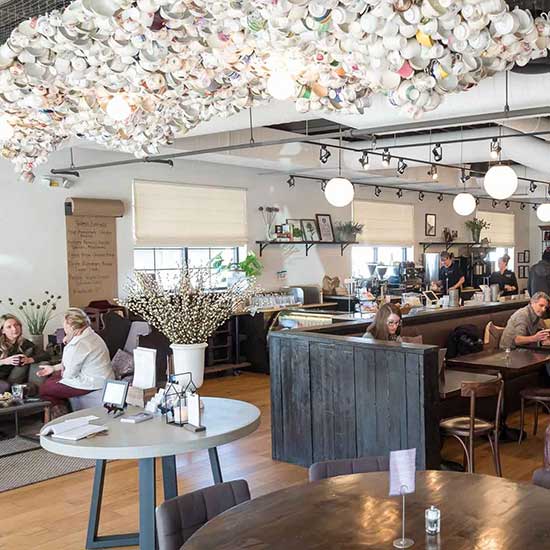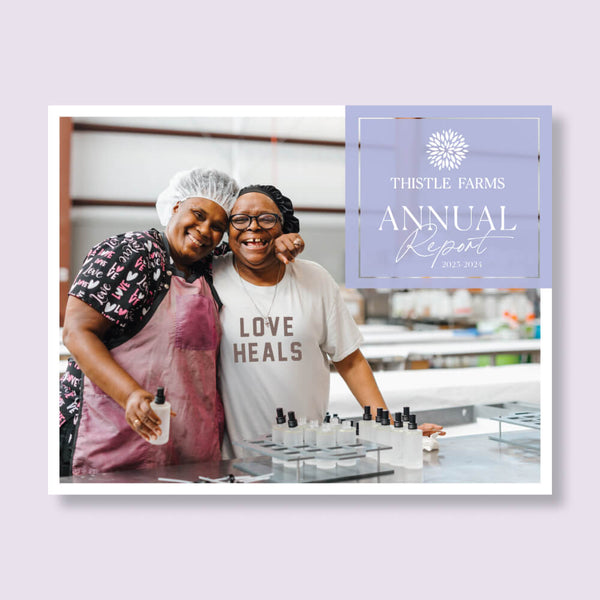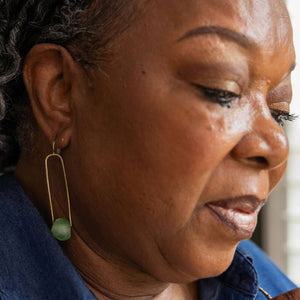In the Shadows: Once in the Open, Prostitution’s Shift Online Has Local Police Changing Their Approach to the Issue
When Attleboro and Norton police set up a sting to nab “johns” who responded to their online ads offering sexual services earlier this year, they were flooded with calls and text messages.
“The thing that struck me doing it was the sheer volume of phone calls or texts we received right away,” Norton Detective Lt. Thomas Petersen said.
For the ads Norton police placed, they quickly received 40 to 50 messages. Before the night was through, Petersen said, the number would climb to about 100.
“It was just astonishing,” he said.
Attleboro Detective Lt. Timothy Cook Jr. had a similar reaction.
“We were taken aback by the sheer volume of calls we got from a very limited number of ads,” he said. “It was remarkable.”
Even after the sting operations were completed, investigators said they were still getting calls and text messages from men responding to the ads, which used stock photos of women.
Audrey Morrissey, assistant director and national survivor leadership director of My Life My Choice, is not surprised at the response police received.
“It is a huge issue that is larger than people think,” said Morrissey, a survivor of the trafficking industry who used her experience to mentor exploited girls.
Morrissey helped develop survivor-led programs at My Life My Choice that aim to protect vulnerable girls ages 12 to 18. She co-authored the program’s exploitation prevention curriculum, which is currently used in 27 states.
During the 1970s, Morrissey said, prostitution was more urban and visible, with women walking the streets to catch customers. In Boston, in an area popularly known as the Combat Zone, there were X-rated movie theaters and strip joints, and prostitution was rampant.
“Everything was visible,” Morrissey said.
Since then, the internet has exploded as a means of doing business in the flesh trade. Even with popular online advertising sites for selling sex such as Backpage shut down, other sites continued to flourish, according to police and Morrissey.
“It’s a multibillion-dollar industry. It is happening more online than it has ever been when it was on the street,” Morrissey said.
The business has also moved into the into suburban motels where the girls and women meet customers without looking out of place. Pimps keep things hidden from the public by using social media apps to market themselves, Morrissey said.
Pimps “are always two or three steps ahead,” Morrissey said.
With business online, girls can be transported far distances to be sold, and there are a lot of business opportunities between New York and Boston, including strip clubs in Providence, Morrissey said.
“The pimps are cashing in,” she said. “They don’t look out of place. The pimps know where the money is.”
The internet, Morrissey added, “has made it easier for the buyer” and police say the number of calls they received from their ads illustrates the high level of demand.
Several high-profile human trafficking and prostitution cases have pushed the crime into international headlines.
Earlier this year, New England Patriots owner Robert Kraft was embroiled in a prostitution sting in Florida.
Financier Jeffrey Epstein faced sex trafficking charges before he killed himself in a New York prison in August.
Most recently, England’s Prince Andrew came under fire for his close friendship with Epstein and allegation he was having sex with a teenage girl who worked for Epstein. His response to the reports in a televised interview were heavily criticized, and he has removed himself from his public royal duties.
Closer to home, local police placed ads with stock photos of women offering sex and waited for the customers to call. The text messages, according to court records, showed that the customers used code works like “roses” for cash prices to negotiate the explicit sexual conduct they wanted to engage in.
In separate operations, Norton and Attleboro police set up in motels while other officers watched as customers arrived. The “johns” carried beverages that an undercover officer, posing as a prostitute, directed them to bring to the room, according to court records.
In four separate stings, 18 men ranging in age from 28 to 64 were arrested.
Most of them were placed on pretrial probation and had to perform either community service or attend AIDS education classes. Police confiscated a total of $3,000, $1,200 from one man alone. The money will be used to defray the costs of the operations, according to police.
Before the stings, police say they made few prostitution arrests over the years.
“I can’t say that we have. We don’t really have an open air market that might be in an urban environment,” Cook said.
Social service workers and police say there has been a shift in law enforcement geared more toward prosecuting the sex traffickers and customers. The sting operations, they say, shows how customer-driven the crime is.
The customers that showed up, according to police, were all from out of town and as far as Cape Cod or Worcester.
“These people would travel great distances to do it,” Petersen said.
Police reject the argument that prostitution dates to Biblical times and is harmless.
“Our goal was not to embarrass anyone,” Petersen said. “The girls who are doing this are often victims of a crime. Most of them out there have not chosen to do this.”
Morrissey agrees. She said those who favor what they call “sex work,” not those who were part of trafficking situations, are most often women who are upper-middle class, educated and do it by choice, Morrissey said.
“That is different than someone who is beaten and mentally abused,” she said.
Prostitution also comes with other crimes, Petersen said, adding that the men who show up are often under the influence of alcohol or drugs or are “bringing it with them.”
Police now have in-service training to recognize the signs of sex trafficking, according to Cook and Petersen.
When making a motor vehicle stop or responding to calls involving disputes between men and women, Petersen said police are “looking for something that might not be what initially appears to be the case.”
For instance, in Seekonk, 28-year-old Adam Sampson of Connecticut allegedly rented two rooms at a motel on Route 6 and kept three women there who he sold for sex in exchange for drugs. Among those drugs was potent and deadly narcotic fentanyl, according to police.
Initially, Sampson was arrested after a routine traffic stop and the discovery of suspected narcotics. But the roadside investigation led to the motel where police found the women.
One of the officers involved in the investigation, Detective Charles Mello, is currently assigned to a federal human trafficking task force based in Providence. He has made several prostitution arrests on the federal and state level.
When police searched Sampson’s vehicle, they found one-way bus tickets in the names of two of the women, women’s clothing and shoes, makeup, and two hotel room key cards for adjacent rooms.
“From my training and experience,” Mello said in a police report, “I know that it is common practice for persons involved (pimps) in the sex trade sometimes rent adjoining rooms to keep tabs on the prostitutes.”
When police went to the room, they found the three women from Connecticut. One of them cooperated with police and told investigators that Sampson was allegedly their pimp. She said Sampson kept all the money they made but that she sometimes hid some of the money to pay for food.
The 32-year-old woman disclosed that she was addicted to fentanyl and that Sampson allegedly used her addiction “to keep her involved in prostitution,” according to court records.
After his arrest in June, Sampson was indicted by a Bristol County grand jury and is in jail awaiting trial.
Last year, there were 771 pending human trafficking cases in federal courts. The vast majority were sex trafficking cases and over half involved child victims, according to a report by the Human Trafficking Institute.
In 2016, 223 human trafficking cases were initiated by federal authorities and that rose to 241 in 2017 before dropping to 171 last year, according to the report.
One of the federal cases in 2018 involved three men who were prosecuted for trafficking a 16-year-old girl for sex at an unnamed Seekonk motel and other places in Massachusetts and Rhode Island. All are now serving five- to eight-year prison sentences, according to court records.
While My Life My Choice helps adolescent girls with services provided by the state Department of Children and Families, there are not a lot of services for adult women, according to police and Morrissey.
“There are not a lot of options for victims,” Petersen said. “They may need help finding food, clothing and a place to stay.”
Morrissey said adult women can go to the Eva Center in Boston, which provides long-term comprehensive services to hundreds of women. It opened in 2006 and is staffed by survivors of the commercial sex trade.
Cook said police would contact either state social service agencies or nonprofit advocacy centers in addition to U.S. Homeland Security to find services for victims.
At the Worcester-based My Life My Choice, Morrissey said the survivors in the mentoring program work with 150 girls each year and there is a waiting list.
“Research shows mentoring works for youth,” she said.
The reason why mentoring program is a success, Morrissey said, is that survivors “have been there” and know what trauma the victims are going through. Being in the sex trade, she said, is not easy to talk about.
“There is a lot of shame that comes with that,” Morrissey said.
Girls get into prostitution for a variety of reasons, she added, but none are by choice.
“Sometimes it’s by force. Sometimes it’s coercion. Sometimes it’s seduction,” she said.
When girls go missing and don’t come home, Morrissey said, the last thing a parent thinks about is human trafficking.
Pimps have also moved onto social media sites like Instagram because they know they can get business that way.
“They are always two or three steps ahead,” Morrissey said.
Another misconception, she said, is that sex trafficking is something that happens only at night. “Phones were ringing off the hook at 2 or 3 o’clock in the afternoon,” she said.
Married men can arrange for sex and “finish up and make it look like nothing happened,” Morrissey said.
